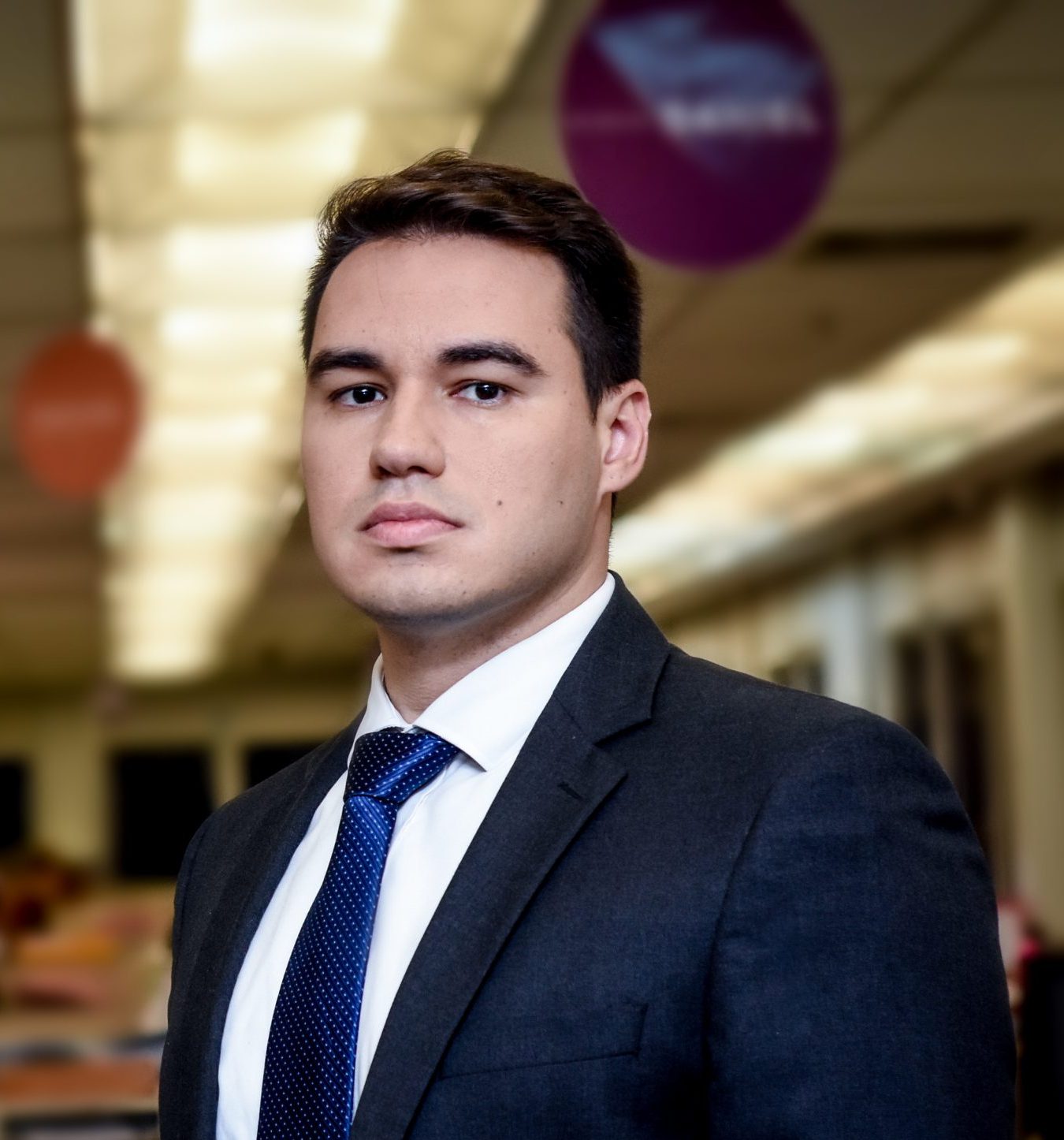“According to official numbers provided by Brazil’s National Justice Council, since the beginning of the confinement, more than 3 million decisions were issued by judges working remotely in Brazil…. Rio de Janeiro’s State Courts reported that the productivity of its judges in March 2020 was higher than in March 2019, even considering that they worked remotely half of the month.”
 Like most countries, Brazil has been facing severe restrictions in an attempt to slow down the spread of COVID-19. Non-essential services are currently closed in almost all metropolitan areas and authorities are discussing plans to resume activities while the number of fatalities reaches its peak.
Like most countries, Brazil has been facing severe restrictions in an attempt to slow down the spread of COVID-19. Non-essential services are currently closed in almost all metropolitan areas and authorities are discussing plans to resume activities while the number of fatalities reaches its peak.
In Brazil, the courts have approximately 450,000 employees, including more than 18,000 judges. If we also consider 1.2 million attorneys, it is reasonable to say that the justice system in Brazil involves at least 1.65 million people. The Brazilian Patent and Trademark Office (BPTO) operates on a smaller scale, with no more than 1,000 public officials on duty. The IP community is on average quite smaller in comparison to other areas, such as banking and M&A, but still extremely active. The BPTO hears over 250,000 proceedings per year, including patent, trademark, design applications and contracts.
The Scale of the Problem
During national or local holidays, the courts operate with a very reduced staff to handle only emergency cases, such as injunctions regarding medicines or health care. Considering that the confinement is expected to last at least several weeks, it is not possible to prosecute only emergency cases; there is presently a backlog of almost 80 million lawsuits pending judgment. While a good portion of those may not be urgent, they are certainly very important to the involved parties, as well as society.
To coordinate the decisions of local courts, the Brazilian National Council of Justice (CNJ) issued a resolution on March 19 determining that all Brazilian courts will be closed, with the exception of urgent cases, to be handled by a very reduced staff. However, the resolution authorizes local courts to establish remote working systems.
For its part, the BPTO implemented teleworking beginning in 2016. At first, 35 public officials were designated to work from home to test connectivity and productivity. The test results were so positive that the program was expanded to more employees. During the pandemic, BPTO officials were thus prepared to work from home and the transition ran smoothly, including for those that had not previously used the teleworking system.
Remote is Working
Naturally, the plan to continue operations remotely was met with some skepticism, with many lawyers expecting a significant delay in the prosecution of cases and the issuance of decisions. However, after one month with the courts closed and the BPTO teleworking, productivity rates increased in many jurisdictions. Productivity of several Federal and State Courts, including Rio de Janeiro, Sao Paulo and Santa Catarina, have indeed established an effective system of remote work for judges, assistants and clerks.
According to official numbers provided by Brazil’s National Justice Council, since the beginning of the confinement (between March 17 and April 12), more than 3 million decisions were issued by judges working remotely in Brazil—almost 1 million just in Sao Paulo’s courts. Also, Rio de Janeiro’s State Courts reported that the productivity of its judges in March 2020 was higher than in March 2019, even considering that they worked remotely half of the month. Data from the BPTO has not yet been released.
The authors’ experience with filing court actions, conducting videoconferences with trial judges and receiving preliminary injunction relief under this remote system has been positive. We have also filed appeals and responses to appeals that were quickly and remotely analyzed by the appellate judges. Appellate courts are also scheduling virtual judgment sessions for this period.
It Can Be Done
Overall, remote work seems to be going well so far. However, this does not mean that it is easy. Indeed, working from home requires a lot of effort and organizational skills to reconcile time shifts with other duties and the natural shortages imposed by the pandemic, but results in productivity show that teleworking has more benefits than hazards for the community. With some adjustment in routines and by pushing cases forward, it is definitively possible to continue protecting and enforcing intellectual property rights at the courts in a fast and effective manner, even during this difficult period.
Image Source: Deposit Photos
Author: Anton_Sokolov
Image ID: 376122758

![[IPWatchdog Logo]](https://ipwatchdog.com/wp-content/themes/IPWatchdog%20-%202023/assets/images/temp/logo-small@2x.png)


![[Advertisement]](https://ipwatchdog.com/wp-content/uploads/2024/04/Artificial-Intelligence-2024-REPLAY-sidebar-700x500-corrected.jpg)
![[Advertisement]](https://ipwatchdog.com/wp-content/uploads/2024/04/Patent-Litigation-Masters-2024-sidebar-700x500-1.jpg)

![[Advertisement]](https://ipwatchdog.com/wp-content/uploads/2021/12/WEBINAR-336-x-280-px.png)
![[Advertisement]](https://ipwatchdog.com/wp-content/uploads/2021/12/2021-Patent-Practice-on-Demand-recorded-Feb-2021-336-x-280.jpg)
![[Advertisement]](https://ipwatchdog.com/wp-content/uploads/2021/12/Ad-4-The-Invent-Patent-System™.png)






Join the Discussion
No comments yet.